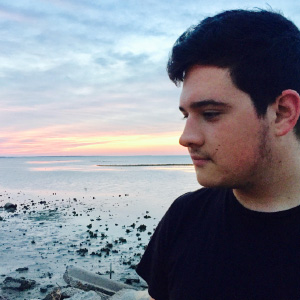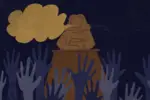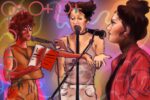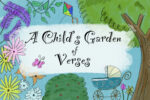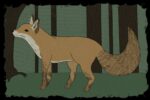International slam poetry champion, YouTuber and former Youth Poet Laureate of Los Angeles Rhiannon McGavin has made a deep impression in the literary world. Now a sophomore at the University of California-Los Angeles, McGavin’s first poetry collection, “Branches,” was published in June. Watch her slam poem on cats. Life is significantly better now, isn’t it?
I caught up with McGavin while she is studying abroad in Paris, France, and asked about “Branches,” her background and philosophy on writing.
Gaige Davila: When/Why did you start writing? What have you learned from it?
Rhiannon McGavin: I’ve always like writing and have always been writing since I could remember. When I was about sixteen, I started focusing on poetry, and knew that’s what I wanted to do with my life. Writing is a nice way of looking at the world. You can do a lot with it on the page and when you’re reading it aloud. You can mostly do what you want. That sort of freedom is nice.
GD: Any attempt or interest in prose?
RM: Well, my end goal is to be a novelist. My personal theory of writing is that you must be really good at writing nonfiction and poetry to write fictional prose. Because you read the concrete foundation of nonfiction writing, and all the research that goes with it, and the narration and devices that come with poetry. So, once you get ahold of those then, presumably, it should be easier to work into novels.
GD: Any preferred themes you like to work with?
RM: I grew up doing Shakespeare, so I do a lot of sonnet work. I think working with established poetic structures is fun. I don’t know if I’ve ever conformed exactly to established poetic forms, but I use them as suggestions and a way of organizing the rest of my writing.
GD: Do you have any favorite writers or poets as of now? What are you currently reading?
RM: I love Ann Carson. She’s a massive influence for me. Rebecca Solnit, also. She’s fantastic. June Jordan, in terms of how she lived her life and her writing. She also has the most amazing essays. I read her book “Some of Us Who Did Not Die.” Everyone needs to read it. I’m traveling with this book of Leonard Cohen poems that my best friend, Eden, who’s in The Love–Inns, gave me. I think it’s perfect for traveling. You know, slim little volume filled with poetry; you can just read it over and over again.
GD: You just had a collection come out titled “Branches,” can you talk a little bit about that?
RM: A lot of what I write about are parts of a larger whole. Branches become a lot of things: neurons, nerves, the nervous system; government branches, trees and plants; mythology; word roots, etc.; it’s all made of other things. I called it “Branches” because I used to have this zine series. Zine is such a nebulous word, but I made little booklets of my poetry and drawings and sold them on Etsy, and those were called “LEAF.”
So, I knew when I had my first proper poetry collection published, it had to continue the tree theme. That book was published as part of the “tenure,” I suppose, of being a Youth Poet Laureate. The program is run through the poetry organization Urban Word. I was the Youth Poet Laureate of Los Angeles, which was a great honor. The position ended about a month ago, for me. They just announced the new one, Mila Cuda, whom I know. She’s like a little sister to me.
GD: Has living in Los Angeles shaped your work at all? Are you from LA originally?
RM: I was born and raised in Los Angeles, and I still live there, of course. A lot of people don’t realize or acknowledge Los Angeles’ art scene outside of the entertainment industry. We have a lot of old-school beat poets, a jazz scene and all these museums. People downplay that because of our proximity to the entertainment industry, but it’s just as authentic as any other city in the United States. It doesn’t matter where you grow up, it’s going to shape you and your creative output in some way. I don’t know if I can say a specific example, but I write about the Santa Ana winds a lot.
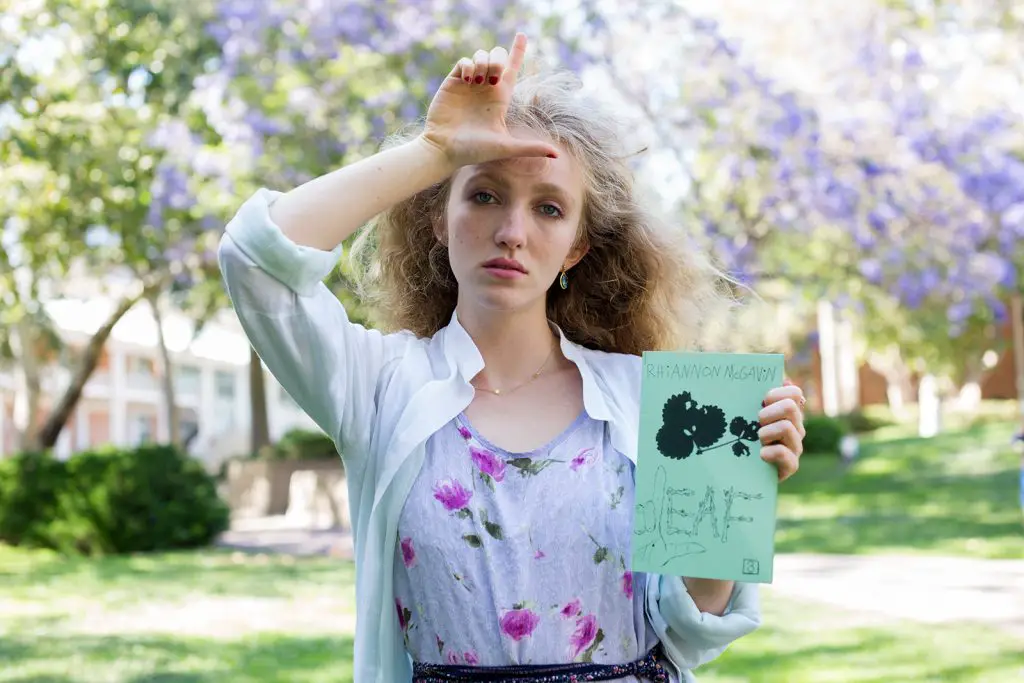
GD: Knowing that writing is very solitary work, are there any people you collaborate with, or a network of artists/writers you regularly work with?
RM: My best friends are in a punk band, The Love-Inns, and we write lyrics. We used to write little screenplays and stuff when we all went to high school together. The thing about collaboration and communities in any art form is that you have to be working with people that you trust, and who trust you. Because, this is going to sound hokum and hippy, but if you’re working in the arts, at some point you’re going to get very emotional. You’re going to be talking about intimate subjects. You can’t be doing that with people who don’t like you; you have to be doing it with people who see the best in you and want to see the best from you.
Of course, I love working with my best friends and old poetry coaches. I used to compete in the international slam poetry competition Brave New Voices. The coaches for LA’s team, Matthew Cuban and Aleysha Wise, they’re amazing writers in their own right. They’re a beautiful couple that teach together. And they don’t just do poetry workshops, they are also in juvenile detention facilities six days a week, talking to the kids about and creative writing and how to use creative outlets for emotions, and that’s so important. Because I think it’s very important to just be a writer, to be just any creative professional without giving back to your immediate community. I look up to Matthew and Aleysha a lot for that. I try to emulate them as much as possible.
GD: Are there any projects you’re currently working on?
RM: Yes, but I’m extremely superstitious, so I don’t talk about them until they’re done. I don’t want evil eye. Cannot have it.




